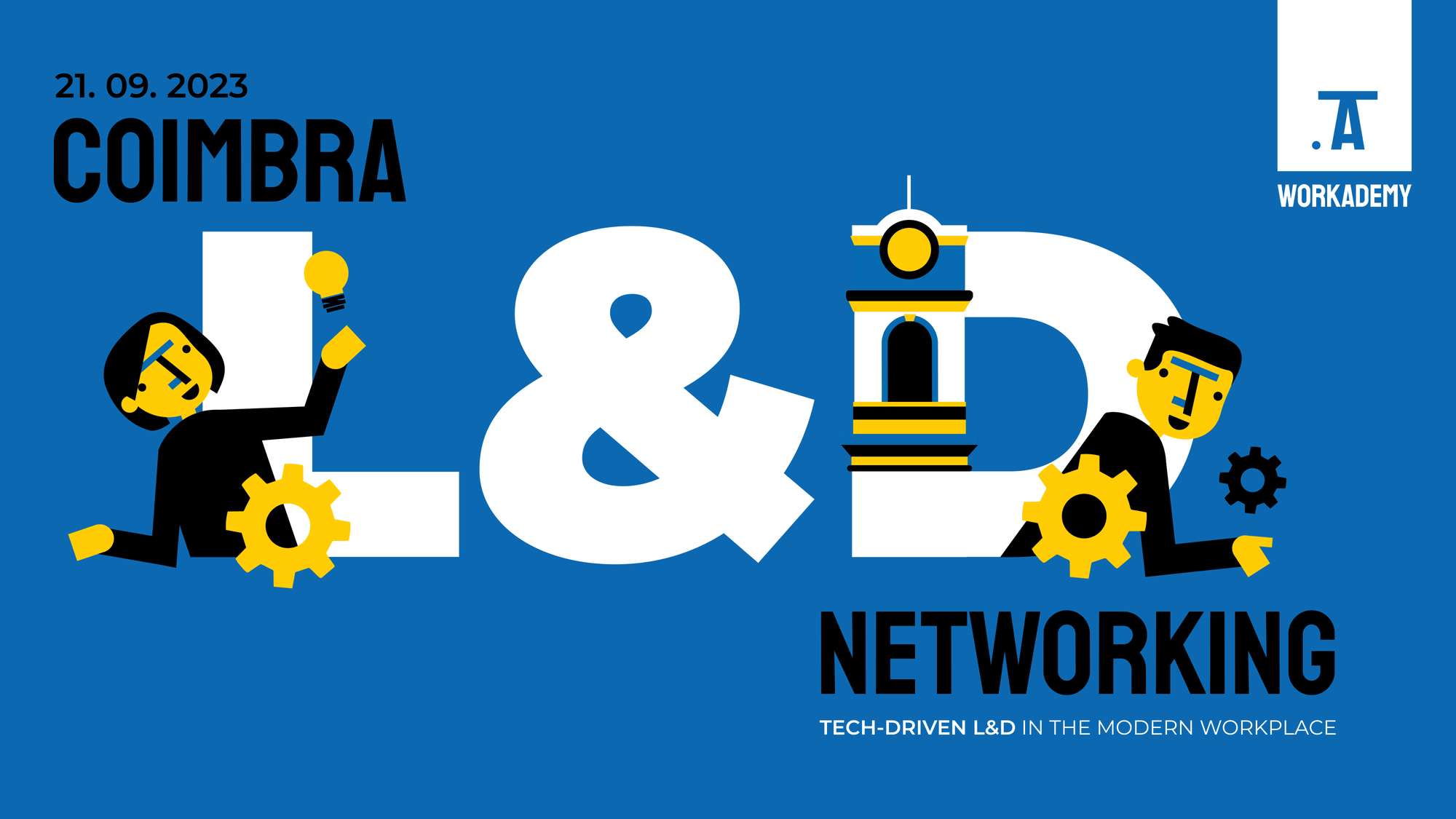Advantages and Disadvantages of AI in Learning and Development

In today's rapidly evolving digital world, integrating Artificial Intelligence (AI) into Learning and Development (L&D) is becoming more common. AI offers many opportunities for organizations to enhance their training and development programs. AI can potentially improve training and development programs, but it also has drawbacks. This article explores both sides of the coin to provide a comprehensive understanding of AI's impact on Learning and Development.
Advantages:
- Personalized Learning: AI has transformed the learning experience by offering personalized learning pathways. It can analyze individual learners' performance and adapt course content to their needs and preferences. This customized approach leads to more effective learning outcomes and increased engagement.
- Automated Content Creation: AI can help create educational content, such as videos, quizzes, and interactive materials, saving valuable time and resources for educators. This automation streamlines content creation, allowing L&D teams to focus on other critical tasks.
- Adaptive Testing: AI can generate adaptive tests that adjust question difficulty based on learner performance. This results in more accurate assessments of knowledge and skills, providing valuable insights into learners' capabilities.
- Virtual Assistants: AI-powered virtual assistants offer 24/7 support to learners. They can answer questions, provide guidance, and enhance the learning experience by ensuring learners can access assistance whenever needed.
- Predictive analytics: AI helps identify knowledge gaps by using machine learning and predictive analysis to analyze large datasets. This enables L&D teams to adjust training programs to address these gaps, making the learning process more effective.
Disadvantages:
- Privacy Concerns: AI collects vast amounts of data to personalize learning experiences. This raises privacy concerns, especially when sensitive information is involved. Ensuring data security and compliance with privacy regulations is essential and should be a top management priority.
- Ethical Considerations: AI algorithms are only as good as the data they are trained on. If the data used contains biases, AI systems can perpetuate discrimination and unfairness. Ethical concerns surrounding AI's decision-making processes must be addressed.
AI has significantly changed how we do L&D, offering numerous advantages such as personalized learning, automated content creation, and predictive analytics, among others. However, there are also concerns about privacy and ethics that need attention. The good news is that we can prevent these issues by using AI wisely. By being cautious and responsible with AI, L&D experts can enjoy its advantages.
If you’re eager to explore this transformative technology further, we invite you to our upcoming online event on 4th October “AI in Action: Elevating Learning & Development in a Modern Working Environment,” from 12:30 to 13:30 CEST.
Secure your spot now by registering here and be a part of shaping the future of L&D with AI.
We look forward to seeing you there!

Resources:
- https://elearningindustry.com/ai-in-ld-creating-effective-customized-elearning-solutions
- https://trainingindustry.com/articles/strategy-alignment-and-planning/leveraging-ai-to-deliver-engaging-employee-training-programs/
- https://elearningindustry.com/ai-powered-personalized-learning-why-training-managers-shouldnt-ignore-it
- https://trainingindustry.com/articles/learning-technologies/ai-in-elearning-how-natural-language-processing-and-other-ai-enabled-solutions-will-transform-the-industry-spon-ei/
